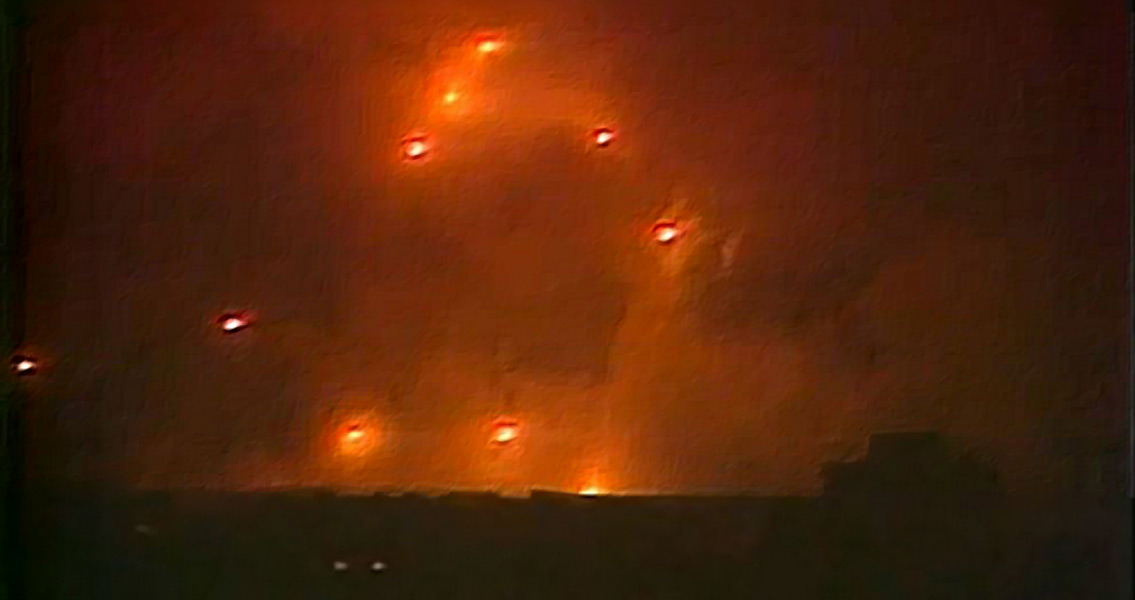<![CDATA[The 16th September marks the anniversary of the 1982 Sabra and Shatila massacre, a shocking event in the tumultuous history of the Middle East. Israel had become embroiled in the Lebanese Civil War in June 1982, when its military entered the country in an attempt to remove the Palestinian Liberation Organisation (PLO). The PLO, the umbrella organisation for various resistance movements against the Israeli occupation of Palestine, had been fighting a protracted guerrilla war against Israel since the late 1960s. By 1982 it had become a significant presence in Lebanon, which Israel wished to remove due to its borders with the country. Intense Israeli bombing of the PLO controlled areas of Western Beirut resulted in heavy civilian casualties and started to draw criticism internationally, particulary from the United States, which had initially backed the Israeli campaign. The USA became involved in the negotiations to end the conflict in the region, and eventually deployed marines to supervise the peaceful withdrawal of PLO troops. On 10th September 1982, the US troops themselves left Beirut after thousands of PLO fighters had also departed the country. The massacre erupted following the assassination of Lebanese president Bashir Gemayel on 14th September. The Israeli government had hoped that Gemayel, a Maronite Christian, would support an alliance between Israel and the Chrisitians in Lebanon, strengthening both sides' position against the region's Islamic countries, and the PLO. Israel's reaction to the assassination was to instantly violate the ceasefire agreement the US had helped broker and deploy troops in Western Beirut, claiming their presence there was to protect Palestinian civilians. At this point tensions in Lebanon between Christians and Palestinians were at their most volatile, with Christians blaming Palestinians for Gemayel's assassination (it was later discovered that the bomb which killed Gemayel had been planted by a member of the National Syrian Socialist Party). On 16th September, the Israeli military allowed a militia of Phalangist Christians loyal to Gemayel's party to enter the Palestinian refugee camps at Sabra and Shatila to search for terrorists. What followed was a brutal massacre of civilians, with men, women and children being viciously attacked by the militia. Three days later the Phalangist militia was ordered out of the camps, with Israeli intelligence reporting that 700 – 800 people had been killed in attacks motivated by revenge for the recently killed Gemayel. Israel’s government condemned the massacre and denied any responsibility, although a later Israeli investigative commission claimed Israel was “indirectly responsible”, and that then Israeli Defence Minister Ariel Sharon held personal responsibility. Meanwhile, the United States faced criticism for failing to protect those in the Sabra and Shatila camps, despite an earlier promise to do so. Image courtesy of Wikimedia Commons user: Spayne35 ]]>
Sabra and Shatila Massacre
